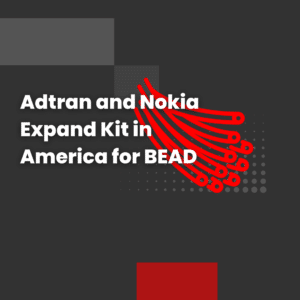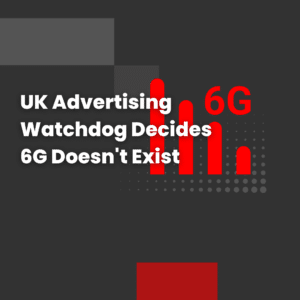Throughout 2023, general practices across England will be receiving £240m from the government as part of a plan to improve the patient experience.
The purpose of the money is to completely overhaul how we contact our GPs. By upgrading the telecom systems used to more modern technology, patients will be able to access the care they need much faster, without having to suffer lengthy waits or never-ending engaged tones during the 8am rush for appointments. Alongside this upgrade to the technology, the government will also be funding further training for GP receptionists, allowing them to keep up with this new, more efficient system and better forward patients to the relevant department.
One aim the government have stated is for all patients to be informed how their queries will be managed on the day they called in, and given appointments that same day, with less urgent patients being offered appointments within the following 2 weeks or being referred to the NHS’ 111 service or a pharmacist instead.
While this is an incredibly bold claim, the upgrading of the NHS’ telecom systems will definitely bring about the resources needed to allow this to happen, and as this primary care is the way most people access the NHS, it would be a very welcome change. Average-sized GPs of 10,000 patients receive more than 100 calls within the first hour of a Monday morning, making a digital telephony a no-brainer, as it gives the freedom of many options, such as allowing the patients to know their queue number, as well as call rerouting and a call back option. This phone system is also intended to be integrated with the clinical systems to allow further efficiency in identifying callers.
The outcome of having a modern telecom system is already recognised, as GPs who have already made the switch have found it far better due to it freeing up phones for patients who need to or prefer to call, while giving a simple online option to others. This allows all patients to access the care they need, while keeping the phone systems from becoming too hectic.
The training for these telephone systems will also be provided by the government, making the average receptionist into ‘Care Navigators’. Care navigator will have the responsibility of assessing patients based on their inquiry and its urgency, prioritizing them against other patients, responding to the inquiry with either an allocated appointment that day, a forward to a pharmacist, or a separate appointment within the following 2 weeks. Their final responsibility will be to assist the patient with any other concerns they may have. These responsibilities wouldn’t be possible without the implementation of the modern communication systems, and go to prove further just how useful this will be for GP offices.
Steve O’Brien, the Minister for Health, said: ‘Investing £240m in these modern tools and the help GPs need to move onto them will make things more convenient for patients, but also make the workload more manageable for general practice teams.’
While the mass majority were happy over this change, there were some mixed opinions regarding the implementation of these new, digital phone systems. Despite this, the government plan entirely to go ahead with this, and the results of upgrading this telephone system truly do speak for themselves, and will be a far more sustainable option for the long-term.



